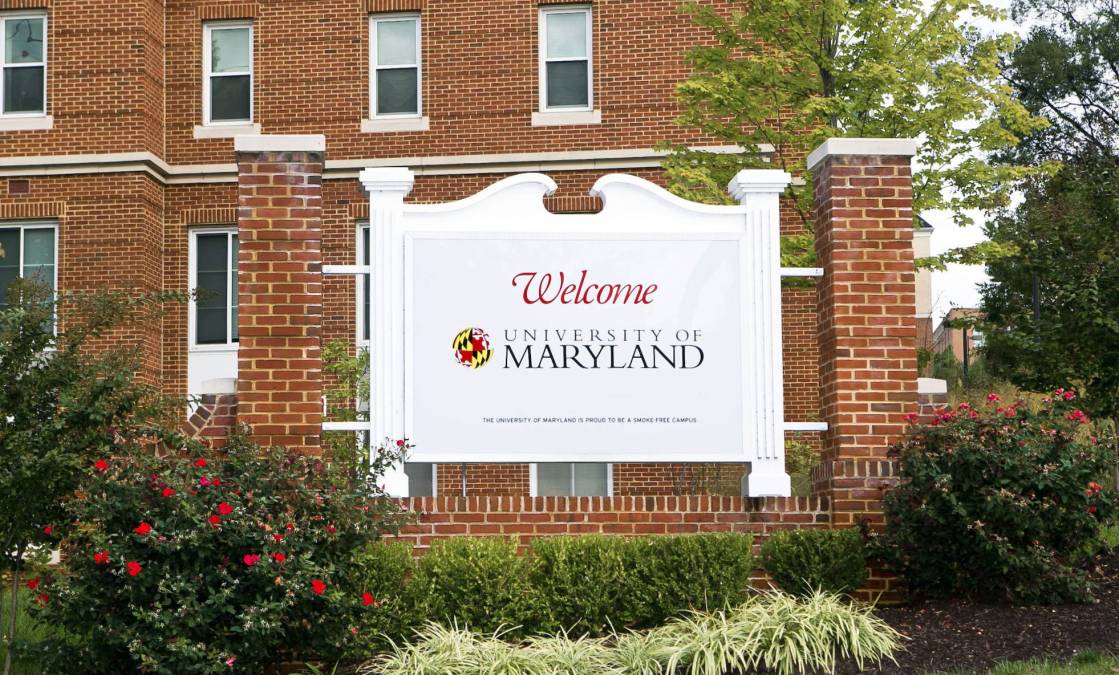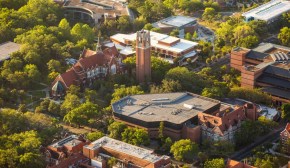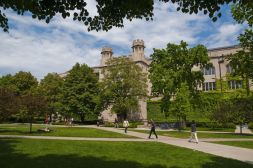U. Maryland commits $25 million to incubator for quantum startups

The University of Maryland will house an incubator for quantum computing startups, offering access to high-quality internet and connections with potential customers, the school announced last week.
The university will spend $25 million to create the Quantum Startup Foundry, according to a press release. The $25 million comes from state investment and from the university’s Discovery Fund. The program will include a physical space for the startups on the school’s College Park campus, including offices and labs.
Quantum computing is still used mostly in the research space, though many companies are racing to develop powerful, stable systems that can uphold the promise of the technology to replicate natural processes through incredibly quick calculations.
The incubator’s goal is to guide independent entrepreneurs and academic spin-offs to offering concrete, commercial solutions that use quantum computing technology, the university said.
“The technology is so early, customers aren’t quite sure yet what the unique value proposition is for all of it,” University of Maryland Chief Innovation Officer Julie Lenzer told EdScoop. “So what we discovered is that the need to connect with potential users was really the biggest need for these startups and for these researchers, in fact, as well.”
The startup foundry is not Maryland’s only foray into quantum computing. The university is a partner in the National Institute of Standards and Technology’s Joint Center for Quantum Information and Computer Science and runs an on-campus research institute called the Quantum Technology Center.
Lenzer said that the 24-member Mid-Atlantic Quantum Alliance, which is led by Maryland, cold-called 130 quantum computing startups around the world to ask about needs. The companies that responded listed capital, access to equipment too expensive to buy and help navigating policies and export controls.
The foundry will also explore practical applications for quantum research discoveries in academia.
“A hallmark of research based spin-offs is that they oftentimes will come up with the research and are not really sure what problem is they’re solving with it,” Lenzer said. “I used to call it, ‘I’m a hammer now where’s my nail,’ — I’m a solution looking for a problem.”
The University of Maryland’s proximity to Washington, D.C., will also offer participating companies proximity to federal agencies, including the Department of Defense and the National Security Agency in nearby Fort Meade.
Currently, the foundry only offers office space for startup companies, but the university is building out lab space. A brand-new 350,000 square-foot development across from the school’s main entrance will expand capacity. Some companies will work virtually, or at a WeWork location on campus.
Lenzer said the labs will need to house specific equipment and meet architectural requirements. For example, lasers will need a dark, windowless space to operate. University officials are also talking with nearby George Mason University in Northern Virginia and Howard University in D.C. to provide the foundry with more space.
“I think we’re just starting to discover really what the true potential for quantum technologies across the board are,” Lenzer said.




